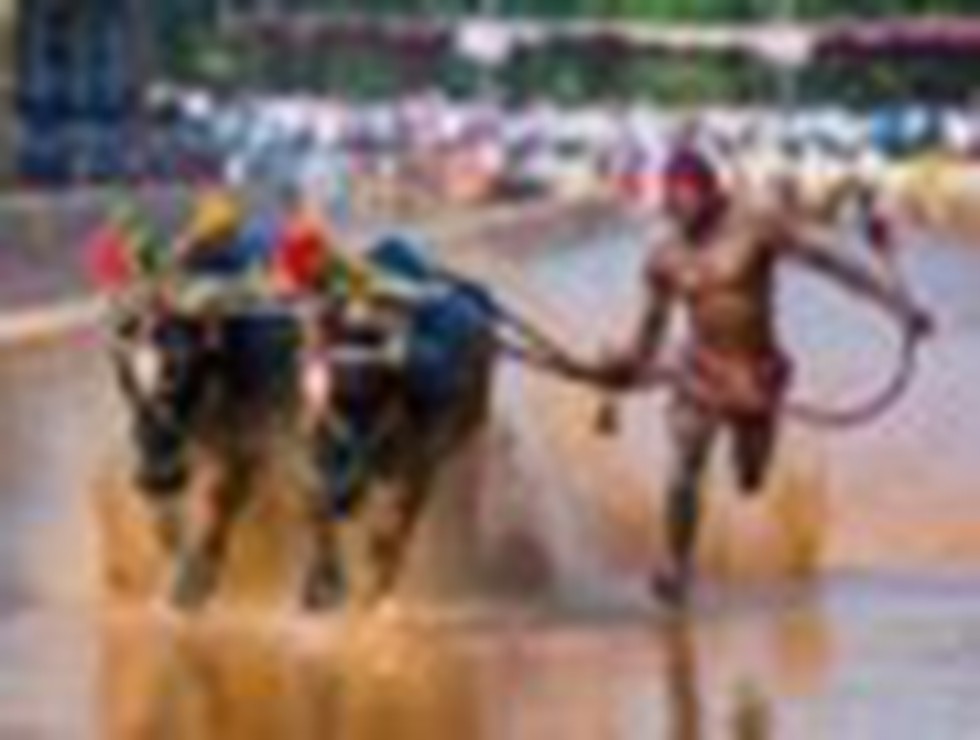Kambala, a traditional buffalo race deeply rooted in the cultural fabric of coastal Karnataka, has defied multiple bans and legal hurdles to emerge as a popular attraction in Bengaluru, the state’s capital city. This remarkable resurgence underscores the sport’s enduring appeal and its significance as a cultural cornerstone of the region.
The history of Kambala is intertwined with the agricultural practices of coastal Karnataka. Traditionally held during the post-harvest season, Kambala served as a celebration of the bountiful harvest and a tribute to the sturdy buffaloes, the backbone of agricultural labor. Over the years, Kambala evolved into a competitive sport, drawing large crowds and igniting fierce rivalries among villages.
However, Kambala’s popularity clashed with animal welfare concerns, leading to multiple bans and legal challenges. In 2014, the Supreme Court of India banned Kambala, citing cruelty to animals. The ban sparked widespread protests in coastal Karnataka, where Kambala is deeply embedded in the cultural identity.
Despite the legal challenges, Kambala organizers devised modifications to the sport, reducing the distance of the races and implementing stricter rules to ensure animal welfare. These modifications, coupled with sustained public support, paved the way for the revival of Kambala.
In recent years, Kambala has made its presence felt in Bengaluru, attracting a new generation of enthusiasts. Urban Kambala events, often held on makeshift tracks in city outskirts, have become popular weekend attractions, showcasing the sport’s unique blend of tradition, competition, and adrenaline rush.
The resurgence of Kambala in Bengaluru highlights the sport’s adaptability and resilience. Despite facing challenges, Kambala has maintained its cultural significance and found new audiences, ensuring its survival and evolution in the 21st century.
